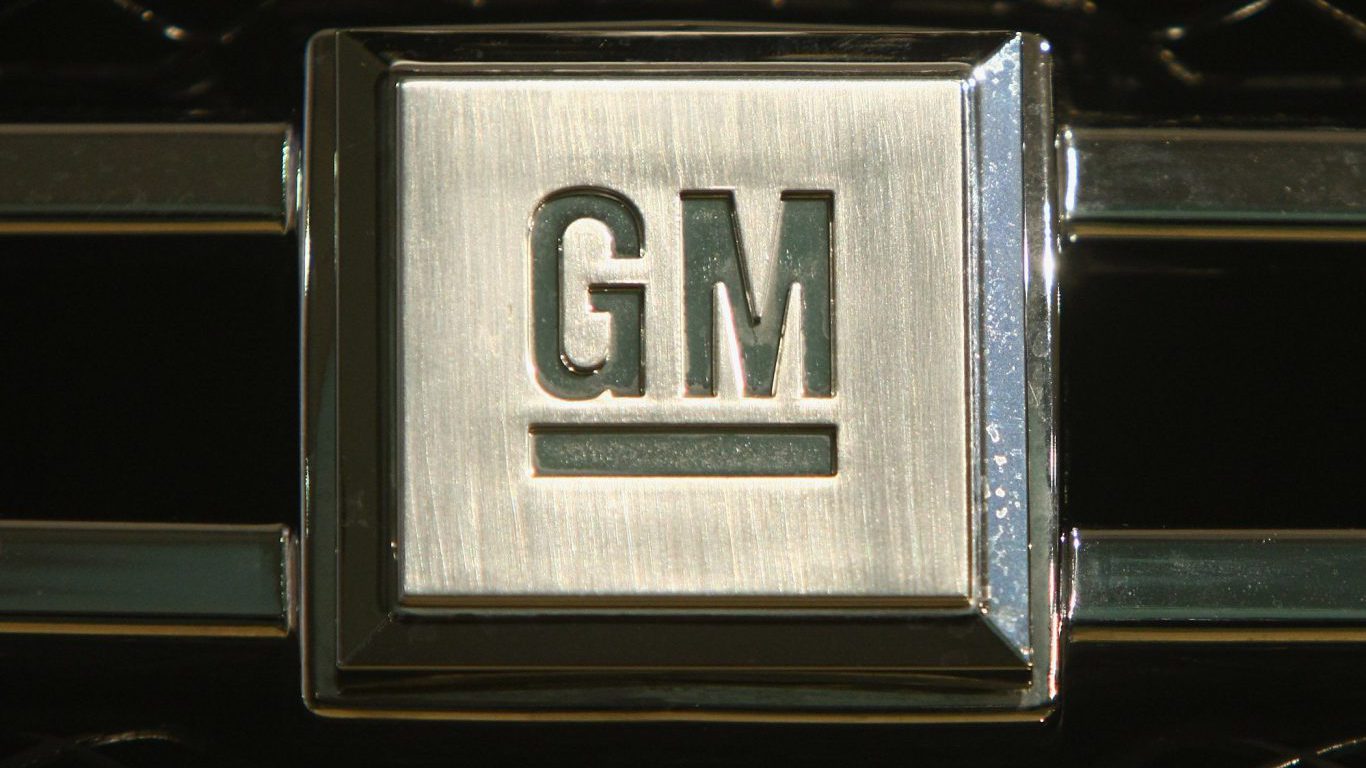Cars and Drivers
Why GM's Comments About Job Losses Are Wrong

Published:
Last Updated:

General Motors Co. (NYSE: GM) wrote to the U.S. Department of Commerce that tariffs could increase prices on cars. As a matter of fact, on many autos the prices could rise by thousands of dollars, which would be too much for many consumers. The tariffs would cause GM to cut thousands of jobs, its theory goes.
However, GM’s case was not strong enough, and the numbers of jobs threatened could be much larger. A look back on its 2009 bankruptcy shows there were arguments that the ripples would go well beyond GM, not just to suppliers, but people who sell GM workers food, auto dealers and the bankers who give GM workers mortgages.
GM’s partial acknowledge the problem:
The correlation between a decline in vehicle sales in the United States and the negative impact on our workforce here, which, in turn threatens jobs in the supply base and surrounding communities, cannot be ignored.
At one point before GM’s bankruptcy, economists estimated for every job lost at GM and Chrysler, the economy would lose another three. Dealers, one analysis showed, employ an average of 50 workers, and there are thousands of dealers who sell cars made in the United States. Advertising agencies that help promote the cars are large businesses. Tens of thousands of people and institutions hold GM shares, which would fall. Thousands more own bonds. Cities around GM plants count on worker taxes. Home prices in the areas support real estate company and banking jobs.
One analysis by an economist carried by the Los Angeles Times, just before GM’s bankruptcy:
This sort of catastrophic job loss would have had huge ripple effects in the region, as laid-off autoworkers would be forced to cut back on all sorts of spending in the local economy. Many would face losing their homes. Already hard-pressed state and local governments in the region would be swamped with demands for services at the same time that their tax revenue would be plummeting. The area would soon be seeing suffering and poverty that matched what the country experienced during the Great Depression.
GM’s argument for job losses due to tariffs is strong, but not nearly strong enough.
Are you ahead, or behind on retirement? For families with more than $500,000 saved for retirement, finding a financial advisor who puts your interest first can be the difference, and today it’s easier than ever. SmartAsset’s free tool matches you with up to three fiduciary financial advisors who serve your area in minutes. Each advisor has been carefully vetted and must act in your best interests. Start your search now.
If you’ve saved and built a substantial nest egg for you and your family, don’t delay; get started right here and help your retirement dreams become a retirement reality.
Thank you for reading! Have some feedback for us?
Contact the 24/7 Wall St. editorial team.